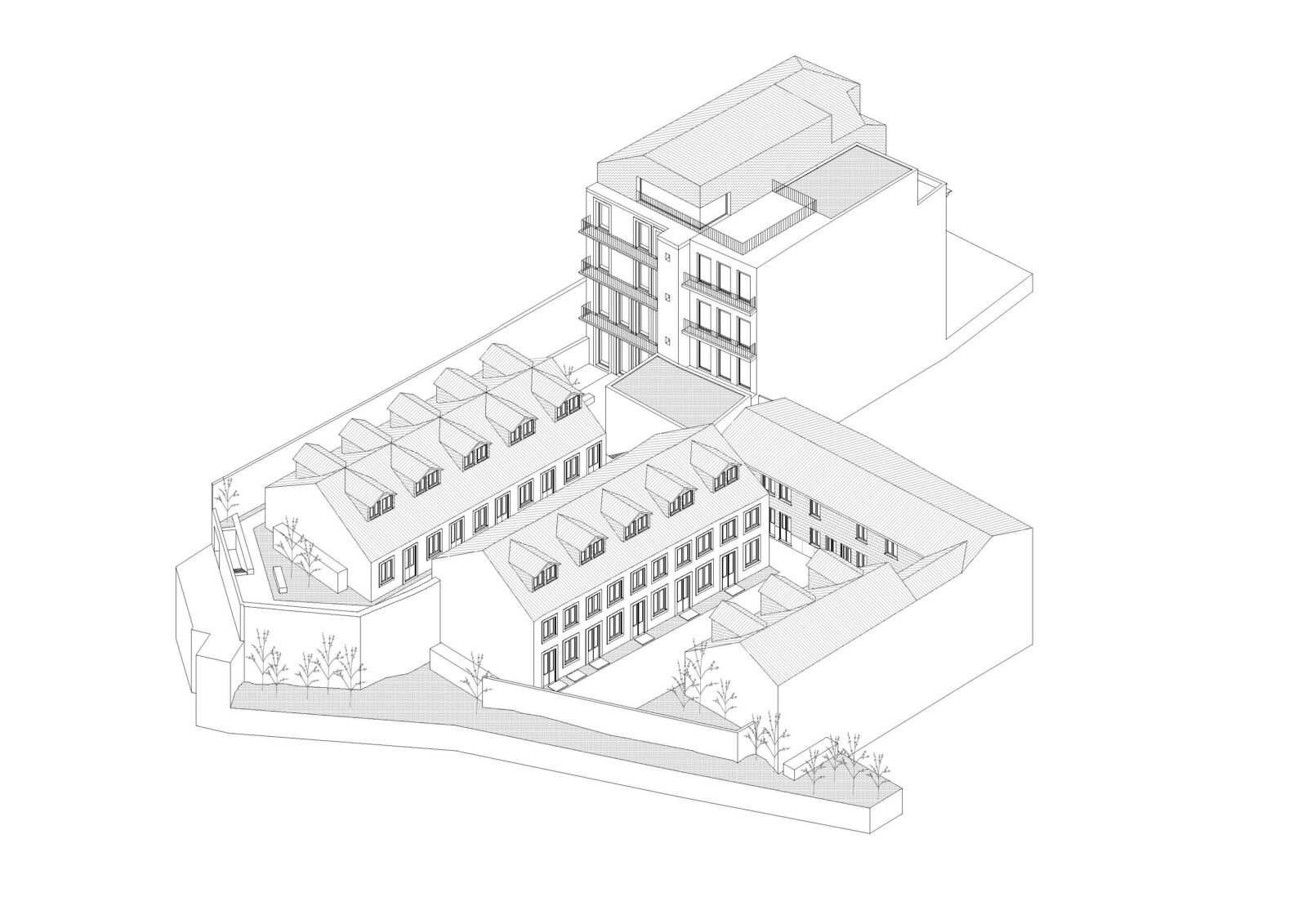How Co-Living for Midlifers Will Shape Tomorrow’s Housing Market

Co-living is no longer a millennial thing. Israeli startup Willa believes that empty-nesters are the next big target group for a new generation of housing operators.
After their kids leave the house, midlifers (or empty-nesters, or Generation W) are the ones that have the time, the money and the will to live life differently. Increasing numbers of people who moved to the suburbs when they started having families now consider moving back to the city, where a vibrant cultural life is waiting for them. Co-living startup Willa recognises the opportunity to create a housing solution that caters to their needs. We spoke to co-founder and CEO Asaf Engel.

As the term “community” becomes overused when we talk about urban housing these days, the midlifers are the generation that’s really looking for it. “Millennials have daytime jobs. They come home tired in the evening and are less likely to engage in social activities. They just want to watch Netflix. That’s different for people in the 55-75 age group. With Willa, we aim to create a platform that allows social connections to happen for them. An environment that provides a context for people to talk to each other,” says Asaf. Some of the amenities inside Willa are a lounge, workspaces, a gym, a music room and an industrial kitchen. There’s a programme full of activities, such as language courses. You’re never too old to learn. “At the age of 60, society kicks you out,” says Asaf. “Midlifers want to stay relevant and live an active urban lifestyle.”

Unfortunately, but understandably, this way of living comes with a price tag. Willa refers to it as premium-affordable, or luxury-affordable. It’s not just for the rich, but those who don’t have much can’t afford it. Willa’s apartments will be fully equipped and furnished, so literally, its tenants can arrive with only a suitcase. In terms of size, the apartments are not the millennial-style of micro-living — Willa offers a mix of flats between 35-80 square metres. “Tenants shouldn’t be forced to leave their apartment to prepare food or host friends and family,” says Asaf.

Willa doesn’t want to be a gated community. The common spaces will be divided into tenant-only areas and public areas, which are facing the street. Public areas could host public functions like a wellness centre that offers yoga, pilates and mindfulness courses, combined with a deli and coffee bar. Tenants can register for classes before anyone else, but the whole idea is to create an age-diverse space that’s a magnet for everyone in the city.

The first Willa project will be developed in Porto, Portugal, where the project has been received with open arms. “Many real estate investments are currently geared towards millennials and tourists. That homogeneity is a problem — in corona times and in general. Midlfers bring something extra to the city,” says Asaf. After Porto, he hopes to settle down in other cities in Europe and North America.



